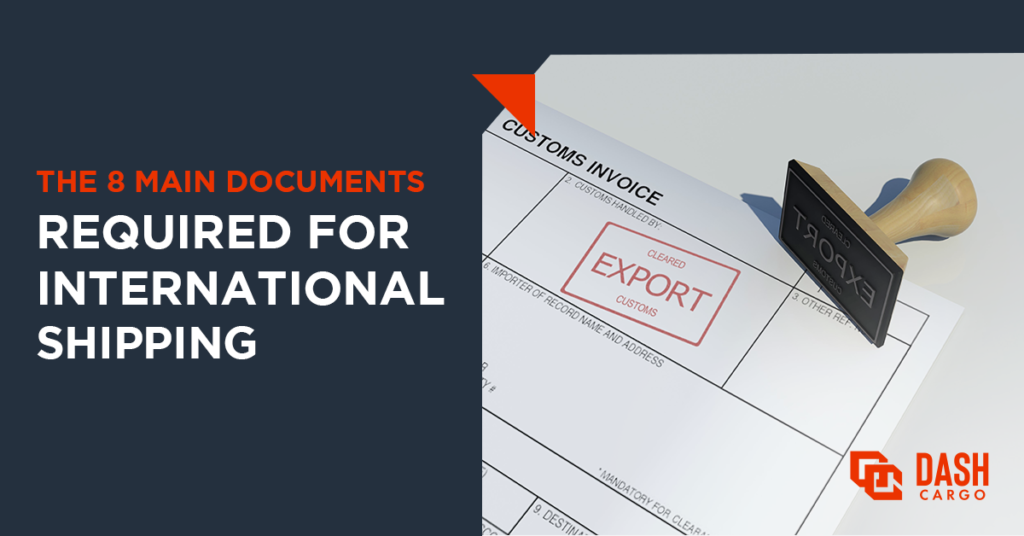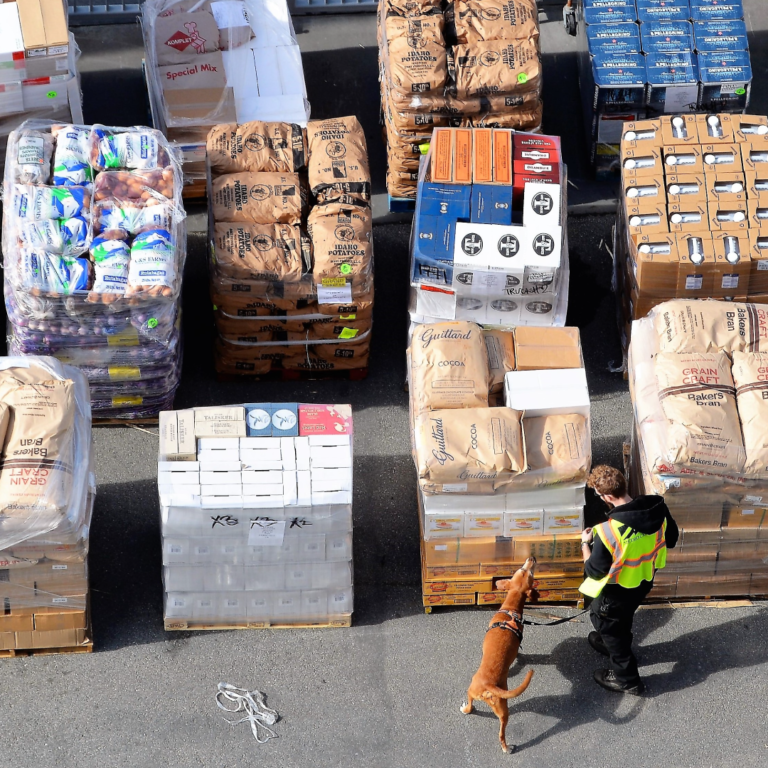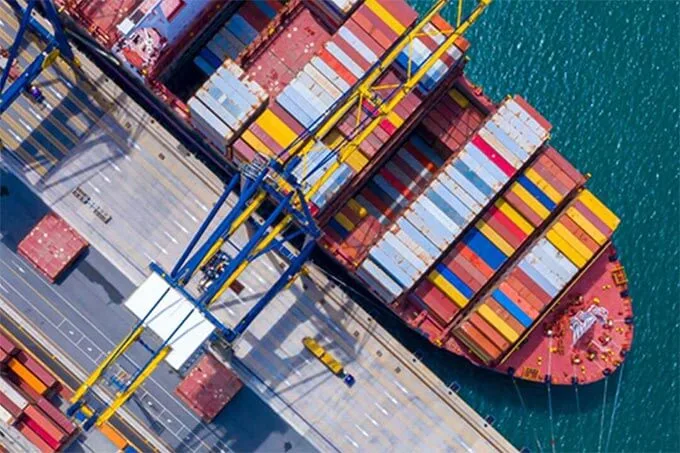
The global shipping industry is massive. As businesses constantly expand and trade beyond their borders, it’s no surprise that this sector’s complexities can overwhelm entrepreneurs looking to export or import products for the first time.
Not only are there tons of logistical issues to resolve, but there are a handful of shipping documents you’ll need to secure before a transaction. Failure to do so can cause shipping delays, liability issues, and exorbitant duty rates. If you’ve wondered, “What are the documents required for shipping?” this article is for you.
The Primary Shipping Documents You’ll Need to Secure
International shipping should be done carefully. Authorities require business owners to submit specific documents before their transaction. That said, you need to familiarize yourself with these requirements and other related shipping terms to ensure the smooth transportation of your goods.
1. Arrival notice
An arrival notice is a document the carriers issue that lets relevant parties—typically the consignees and customs brokers—know that a shipment has either arrived or is set to arrive at a specific time.
You may be tempted to send an exact arrival date, but it’s a gamble. Customs can clear shipments quickly, or they may not. If it takes longer, it will delay your shipment and potentially frustrate your clients. Instead, you may follow what reputable freight forwarders such as Dash Cargo typically do: send estimated arrival times.
2. Certificate of origin
Some countries will ask you to provide them with a certificate of origin (CO) for your shipment. According to the International Chamber of Commerce (ICC), a CO is an official document that identifies where the goods came from and declares the nationality of the products.
You’ll typically need this document signed by a chamber of commerce or your country’s consulate office.
3. Shipper’s letter of instruction
A shipper’s letter of instruction is a shipping document that guides the freight forwarder on the shipment, ensuring that the process goes smoothly.
To be clear, a shipper’s letter of instruction isn’t legally required per se. However, it’s one of the most crucial requirements you’ll need to prepare. In this document, you’ll specify relevant details such as the weight and size of the goods, instructions on how to handle the items properly, and routes you may want the freight forwarder to take.
4. Commercial invoice
Customs will use commercial invoices as proof of sale between you and your buyer. It’s often referred to as the passport for your packages since it’s what allows goods to make it through the customs of many countries.
Commercial invoices will often include details such as the name and address of the buyer and seller, country of origin, the value of the goods, and a detailed description of the package itself. It serves the same purpose as a customs declaration CN22/CN23.
5. Pro forma invoice
Pro forma invoices are international shipping documents that include an official sales price quotation and estimations of commissions or possible fees, such as shipping costs and additional taxes. It protects interested buyers from unexpected expenses when shipping items overseas.
6. Bills of lading
The bill of lading (BL) is a legally binding document that a carrier provides to the shipper. It includes the terms and conditions of the transport and serves as a delivery receipt. Depending on whether you’ll be using land, air, or sea freight services, a freight forwarder can help you decide the right type of BL for you.
7. Packing list
The packing list is a straightforward document that includes the exact details of the shipped goods, such as the quantity, weight per carton, measurements, and more.
Some countries will require this document for their customs. Carriers may use the packing list for their BL, while banks might need it for payments made under a letter of credit. This shipping document is also what shippers and carriers will refer to in cases of disputes such as missing or damaged items.
8. Letter of credit
A Letter of credit (LC) is what will allow you to receive payment from an international transaction.
If you’re exporting products, an LC is a bank document guaranteeing you’ll receive the correct payment from the importer. Banks will require you, as the exporter, to submit product information, such as technical details and associated documents, as part of the LC.
Work with Dash Cargo for Smooth International Shipping
There are many moving parts in international shipping. While dealing with paperwork is notoriously inconvenient and can overwhelm those new to shipping, it serves an essential purpose. Accomplishing these documents protects you from unexpected liability issues, shipping delays, and additional expenses.
You can expect the paperwork to be much easier to deal with when you work with a reputable freight forwarder. To get you started on the right track, you’ll be happy to know that Dash Cargo is a reliable forwarding company in the Philippines that will help you ship products with no hiccups.
Contact us today to learn more about our services!



